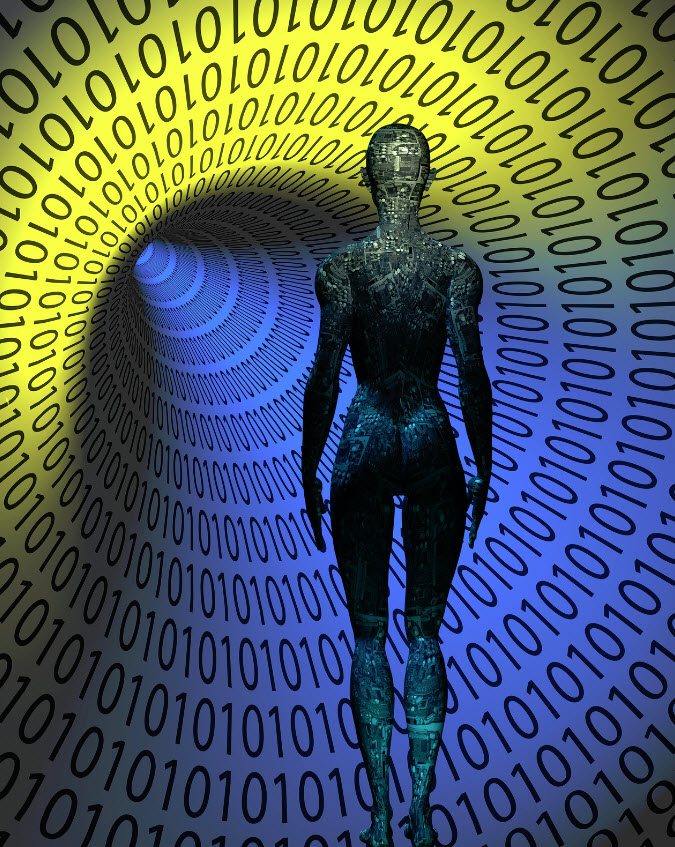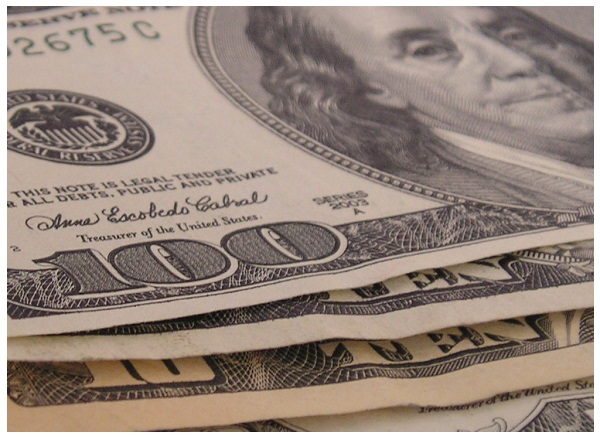This mobile health tool helps people to be able to confront their anxieties and their fears.
A new self-help tool has now been developed by a team of psychologists, physicists, and developers, which uses augmented reality over a mobile health platform, with the goal of helping users to be able to treat their phobias and overcome their anxieties.
The Phobious mobile app is a part of the overall DreamIt Health Baltimore’s inaugural class.
The team came up with tools that can be used over a smartphone, and the consumer product – which includes both a mobile app that will work on Android or iPhone, and a pair of augmented reality goggles – will be launched in September. Baltimore came upon the Phobious mhealth technology via Barcelona.
This augmented reality technology will include both a consumer facing tool and tracking for doctors.
This allows the program to be used both as a self-help tool as well as a way for clinicians to be able to track the progress of their patients. That second element is still under development. That said, the consumer facing platform is well under way. The primary focus of that element will be specifically on phobias, ranging from spiders and insects to needles and even public speaking.
The intention of the company is to market it as a self help tool, but without any promises or guarantees that it can be used as a cure in treating these extreme fears. That said, it does have every intention to pursue FDA clearance in the United States, as well as a CE Mark from regulators in the E.U. This will allow it to be sold as a device that can help to treat issues related to anxiety disorders and post traumatic stress disorders (PTSDs).
Previous research form the military has shown that virtual reality has been able to generate some success when treating these types of conditions.
Dani Roig, the co-founder of Phobious, is one of the company’s two physicists who has been struggling with a fear of flying. He explained that companies attempting to come up with tools based on virtual reality has typically proven to be too expensive and challenging for broadscale adoption. However, in the form of an mhealth tool using augmented reality, the product becomes much more affordable and achievable.


